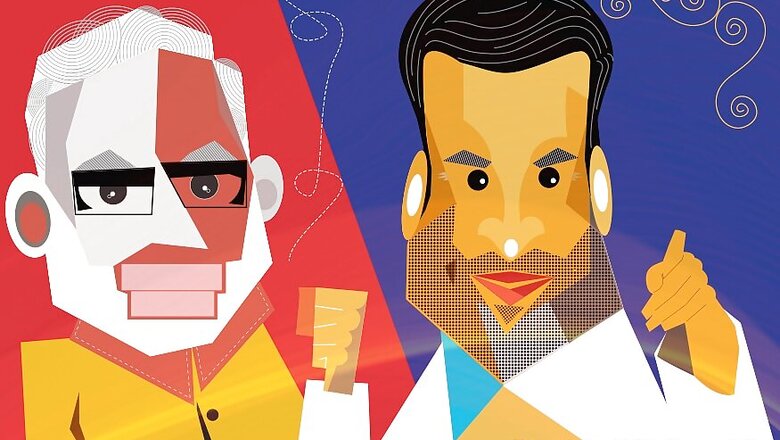
views
Three questions need answers. Post the Gujarat elections, is the Congress' existential crisis over? Is the Congress changing its ideological position to face the BJP's merciless electoral machine? And finally what strategy will it acquire to deal with its potential non-BJP allies?
A few might be disappointed that I did not ask the most expected question — is Rahul Gandhi ready to lead the Congress? With his spirited assault and witty attacks on (PM Narendra) Modi during the Gujarat elections, that debate should now end. Rahul is now officially the president of the party and Sonia has retired. The Rahul era has started for the Congress, but will he lead the country is the question.
Since meeting the most humiliating defeat in its history, the Congress had gone into a shell. It had lost the will to fight. Rahul was seen as a reluctant warrior who had been thrust onto the battlefield against his own will. It was at a time when he was faced with the most battle-hardened opponent in history who wanted to win at any cost, whose desire to win knows no boundaries, who is ruthless to the core and who can scale any height, stoop to any abyss to come out victorious.
Rahul was up against Modi. And he was seen to have lost the battle before it had even begun. The Gujarat elections have changed this perception. Rahul is no longer the reluctant warrior and Modi is not the invincible General.
The Congress went through an existential crisis, but it was not due to the (non) numbers in the Lok Sabha. It was because of the unwillingness of its leaders to attack the opponent.
Rahul had definitely crossed that roadblock. Gujarat witnessed a new Rahul. He was relentlessly aggressive and was attacking from the word go. Modi was defensive and was trapped in his own den. It was a different Rahul. It is to Modi's credit that he survived a definite Waterloo though he came out wounded and scarred. Despite the loss, Rahul was the man of the match. And Congress seems to be out of the existential crisis.
Rahul has shown the resilience. Realising the Congress's weakness and mapping the strength of the BJP, he made ideological and strategic adjustments.
Congress's biggest weakness was Nehruvian secularism, contextualised by the Partition of the India, bloodbath on both sides and unprecedented human migration. This secularism was tilted towards minorities due to historical reasons, but with the passage of time it should have changed.
The Congress did not make any effort to bring in any change. The BJP successfully portrayed the Congress as a Muslim party and managed to provoke a section of Hindus to galvanise against Muslims.
Rahul in his entire campaign did not talk about Muslims. He focused on Hindus, visited temple after temple and did not hesitate in projecting himself as a practising Hindu. It was not a minor tweaking but passed through many histories. It's a major turnaround in the history of the Congress and results were immediate for all to see. The Congress had finally adopted the VN Gadgil approach that in a country where 80% of the population is that of Hindus, the Congress can't afford to leave that population for 20% minorities. And for this approach to be adopted the likes of Digvijaya Singh had to go into oblivion.
The Congress has also shown the resilience to forge alliances. In Gujarat, other political parties are not very substantial but in last few years a few caste leaders have emerged. Rahul stitched together a working alliance. The Congress left seats for Hardik Patel, admitted Alpesh Thakore in its fold and electorally supported Jignesh Mewani.
It has to be understood in the context that Congress was once a colossus. It had an overwhelming presence across India. It used to think itself as a natural party of governance. The Congress was not used to working in an alliance. It always preferred a majority government.
In 1991, the Congress, under Narasimha Rao, led a minority government for the first time. Manmohan Singh was the second Congress PM to lead a coalition government, 2004 to 2014.
But there is a difference. None of them belonged to Nehru-Gandhi family. Rahul is the first from the family who is faced with a situation in which he has no alternative but to stitch coalitions. He has to imbibe coalition dharma in his nature and practise it.
Therefore, creating a successful alliance with these caste leaders is remarkable. It's second major turnaround in the Congress’ understanding. This understanding will help him understand future allies before and after parliamentary elections in 2019.
If Rahul wants to seek the revenge for the 2014 humiliation then he has to form a formidable combination of smaller parties. He has to cobble together a non-BJP alliance. But there is a problem. Congress doesn’t have numbers. It is left with very few state governments also. It seems to be a weak political force.
Politics is ruthless. Alliances mean hard bargaining. Every player wants its pound of flesh. Nobody wants to give an inch. So the Congress has to do two things. One, given the situation the Congress is stuck with its numbers in Lola Sabha, it can't increase its seats before parliamentary election so it has to definitely create an image of being much stronger than it is. It has to project that it might have 44 MPs in Lok Sabha but among the non-BJP conglomerate it is the only party which can boast of an all India presence.
To cultivate that image Rahul and his team have to be seen to be more assertive, more aggressive and more combative.
After the Gujarat elections the Congress has shown the same combativeness in Parliament too. On the issue of Manmohan Singh being branded an anti-national by PM Modi, the Congress forced the BJP to clarify its position. Arun Jaitley had to say that the PM in his speeches did not question nor meant to question the commitment to this nation of either former PM Manmohan Singh or former VP Hamid Ansari. Then it further forced central minister Anant Hegde to apologise on his statement about secularism and change of constitution. This has reinforced its position vis-a-vis the BJP as the principal opposition party.
Secondly, in 2018 four big states — Karnataka, MP, Rajasthan and Chhattisgarh — will go to polls. It has to win Karnataka, has to snatch at least one state out of three BJP ruled ones. It has best chances in Rajasthan and Chhattisgarh. If it loses Karnataka then serious question marks will be raised about its endurance and if it wins two or three among the four states then the Congress will go to parliamentary elections with a higher chance of success and more confidence. Then the Congress will have the aura to attract non-BJP allies and dictate its terms for seat adjustment. In this context, I won't be surprised if the Congress moves slowly towards alliance making.
(The author is a member of the Political Affairs Committee of Aam Aadmi Party. Views are personal.)










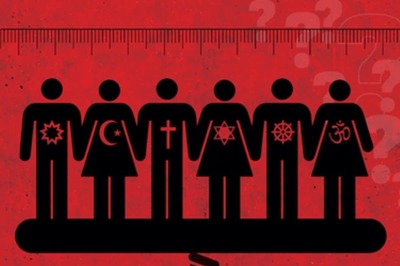

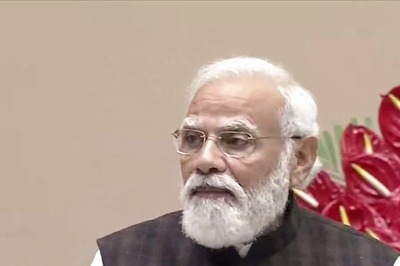

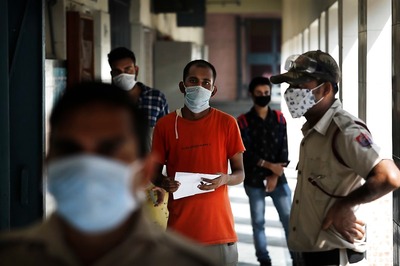


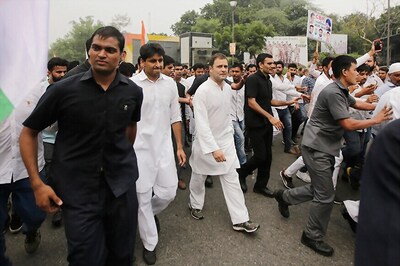
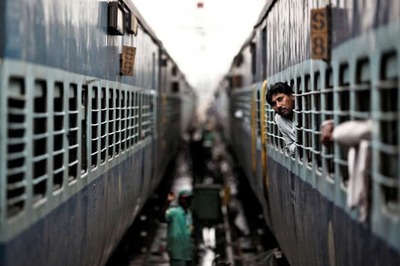

Comments
0 comment